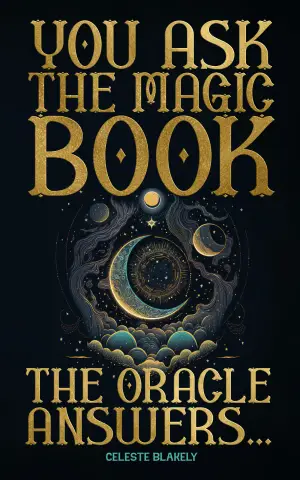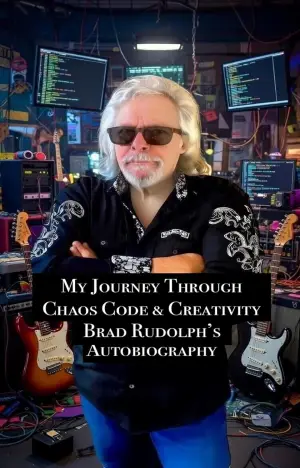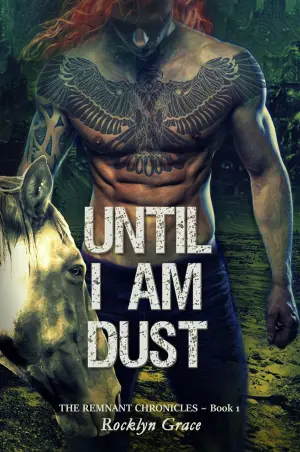I recently delved into Whistleblower: A Night Whistling Anthology, and I have to say, it was not just another collection of short stories; it was an experience that chilled and thrilled me in equal measures. As a lover of horror and dark fiction, I was intrigued by its premise—it promised to explore the eerie lore surrounding the act of whistling at night, a tradition I wasn’t deeply familiar with but found utterly fascinating. The blend of Indigenous tales, ghosts, and supernatural elements drew me in like moths to a flame.
From the outset, I was impressed by the diverse array of voices featured in this anthology, with contributions from authors like Cherie Dimaline, Tommy Orange, and Rebecca Roanhorse. Each story was imbued with a palpable sense of place and cultural context, harkening to the book’s celebration of Indigenous peoples’ survival and imagination. The stories brought to life a range of fears, whether rooted in personal trauma or collective cultural histories. The level of ingenuity here is commendable; every tale seemed to hold a mirror to the human experience, evoking emotions from terror to sympathy.
However, two stand-out positives from my reading experience were the vivid imagery and the emotional depth of the stories. The anthologized tales didn’t merely aim to scare; they delved into complex family legacies and historical injustices that resonate in the present day. For instance, I found myself particularly moved by one story that addressed generational trauma, embedding a layer of poignancy within the horror.
Conversely, I did find some tales that fell short of their potential. A couple of stories felt slightly overextended or convoluted, which made them hard to digest. While I appreciate the ambition of exploring such rich themes, there were moments where the pacing became sluggish, causing me to lose engagement. It’s a sentiment echoed by some readers who remarked that a few stories could have benefitted from tighter editing to maintain that unnerving atmosphere.
Stephen Graham Jones, known for his mastery in blending horror with cultural critique, does an excellent job setting the stage for this anthology. His introduction is a perfect segue into what readers can expect—tales that genuinely aim to unsettle us, as indicated by the book’s tagline: “Are you ready to be un-settled?” In this regard, the anthology certainly exceeded my expectations; the collection is beautifully crafted and fiercely intelligent.
What particularly intrigued me is the assertion that many Indigenous cultures believe one should never whistle at night. This folklore, borne distinctly through various cultural lenses, adds an enchanting layer to the experiences conveyed within these pages. It serves as a defining motif throughout the anthology and resonates deeply with the spirit of ancient wisdom, adding not just depth but a chilling ambiance that lingers long after reading.
Overall, Whistleblower: A Night Whistling Anthology left me feeling both enlightened and disturbed—a testament to the stories’ effectiveness. The book is an undeniable contribution to the field of horror, and it’s refreshing to see Indigenous narratives take center stage in a genre often dominated by other voices. If you’re looking for an anthology that challenges your expectations and immerses you in otherworldly tales while honoring cultural roots, I wholeheartedly recommend this collection. Though it has its pacing issues, the imaginative storytelling and emotional depth make it entirely worth your time.
I would rate this anthology a solid 4.5 stars. A few shortcomings here and there don’t detract from its overall brilliance. It’s a book that encourages introspection amid its eerie narratives—definitely un-settling in a beautifully captivating way!








